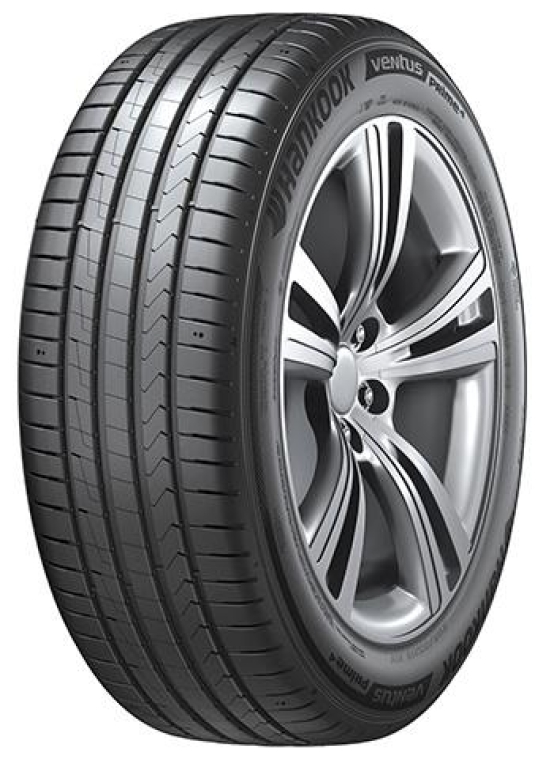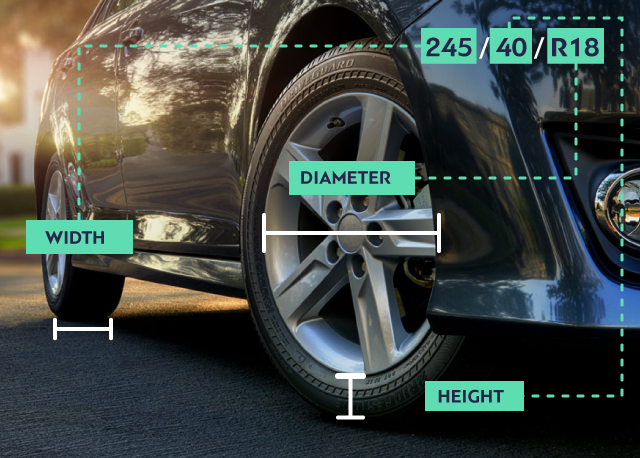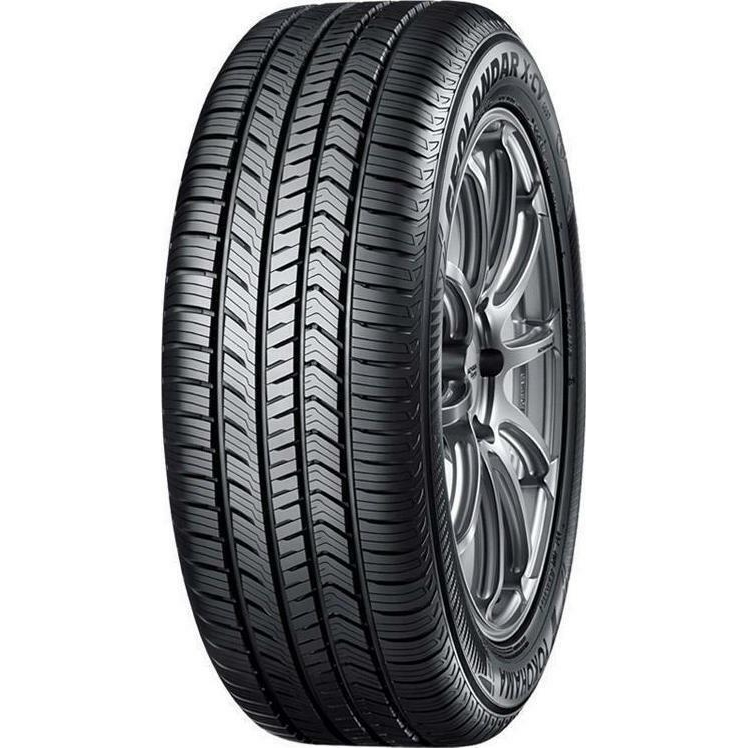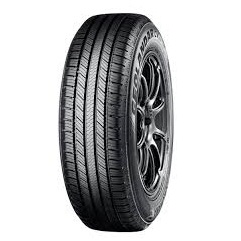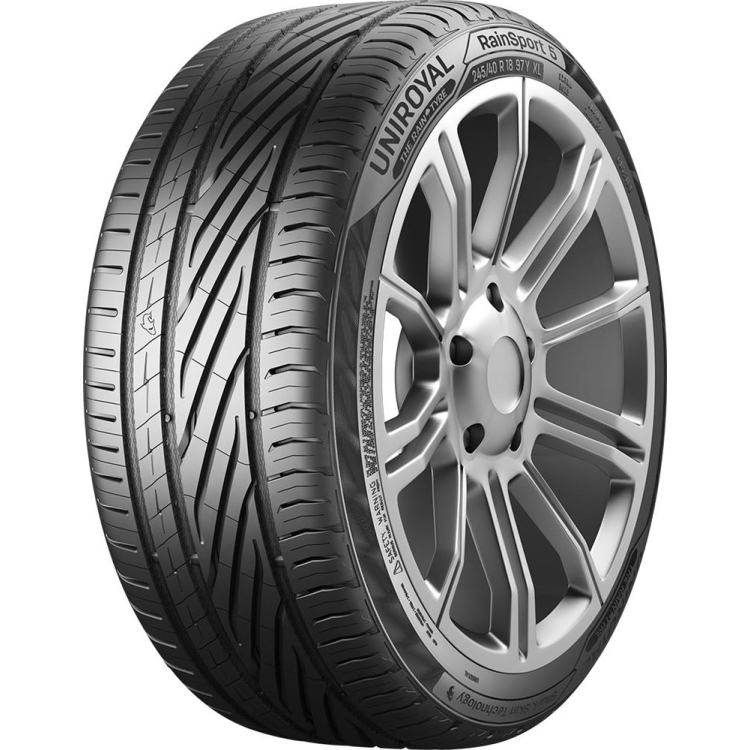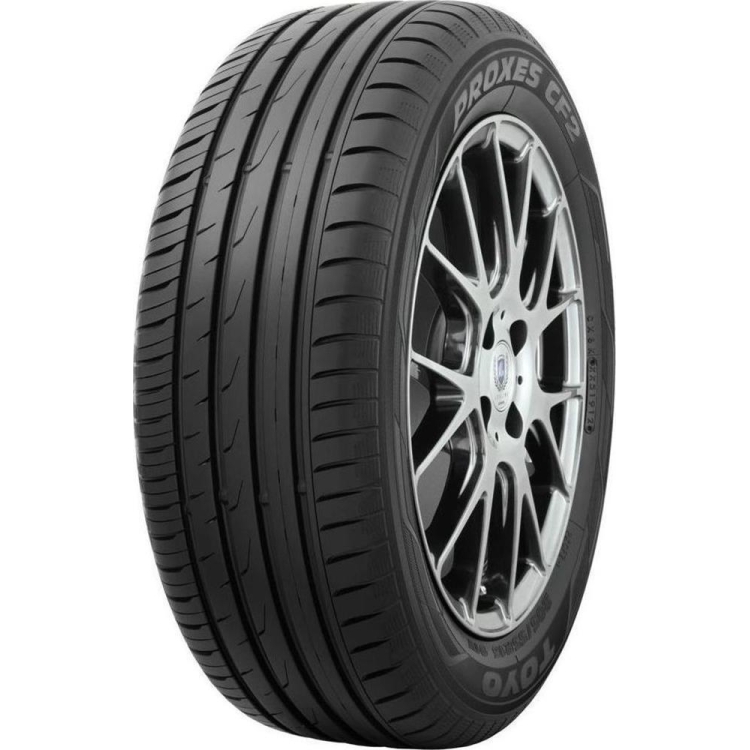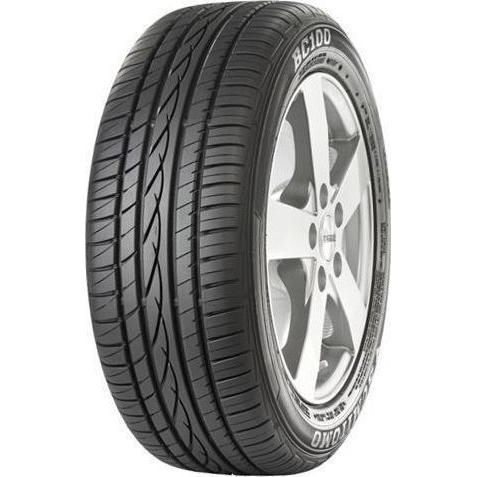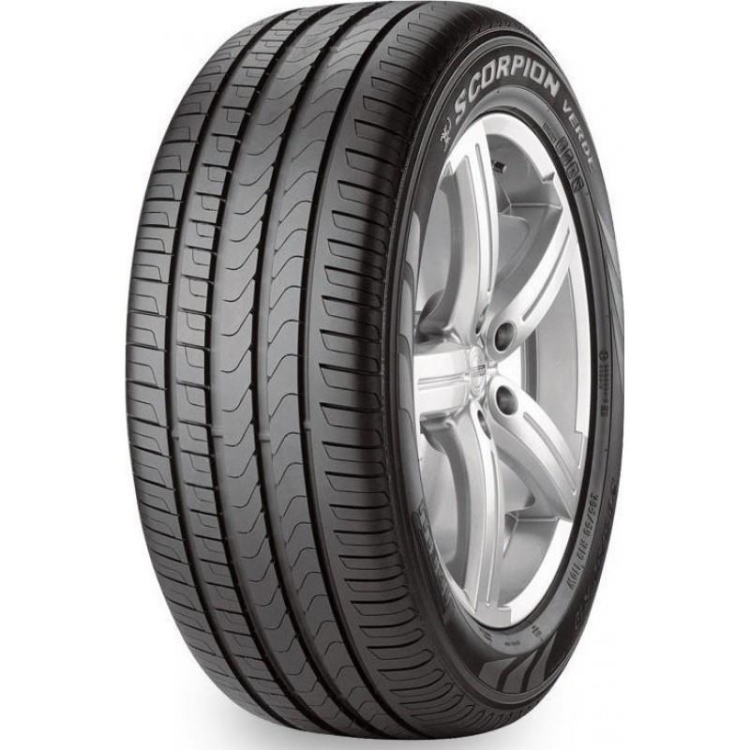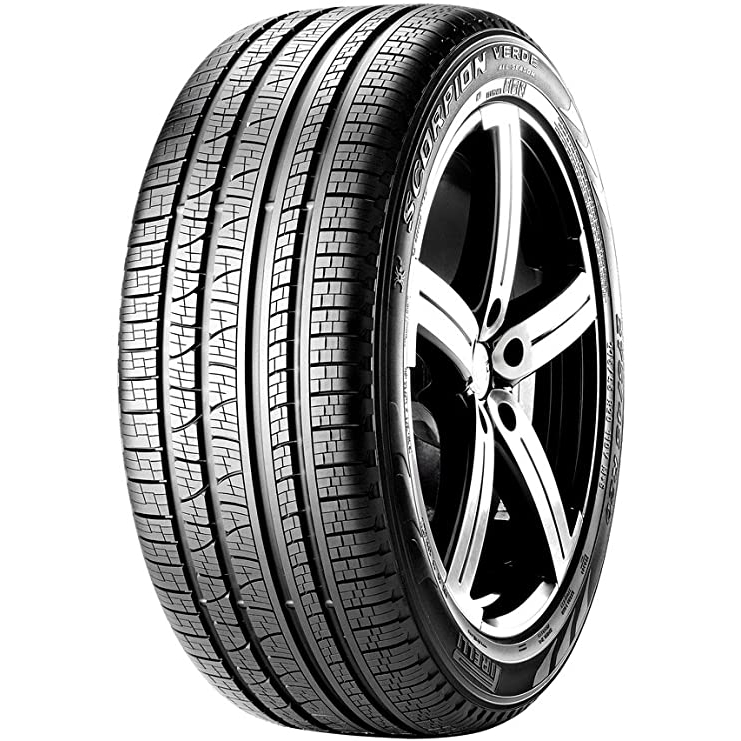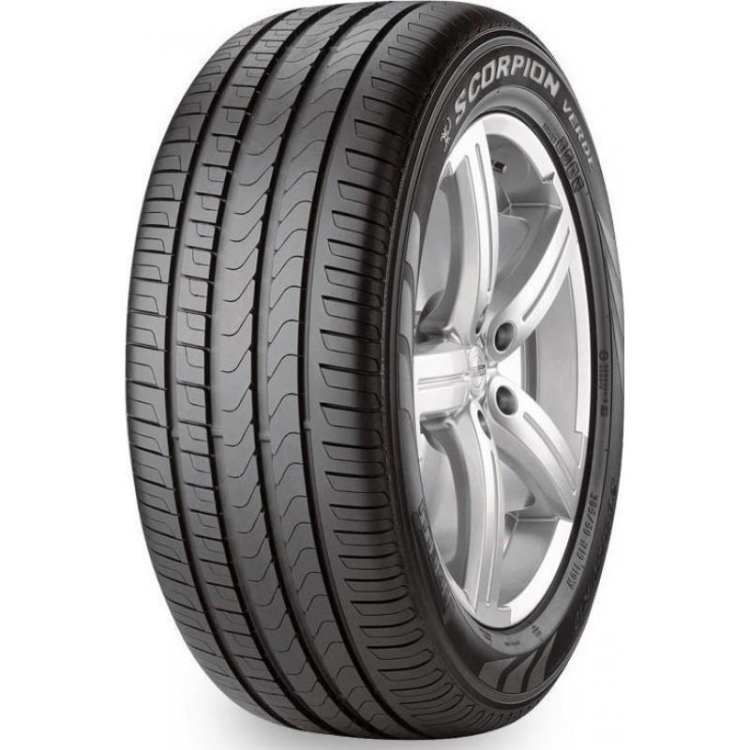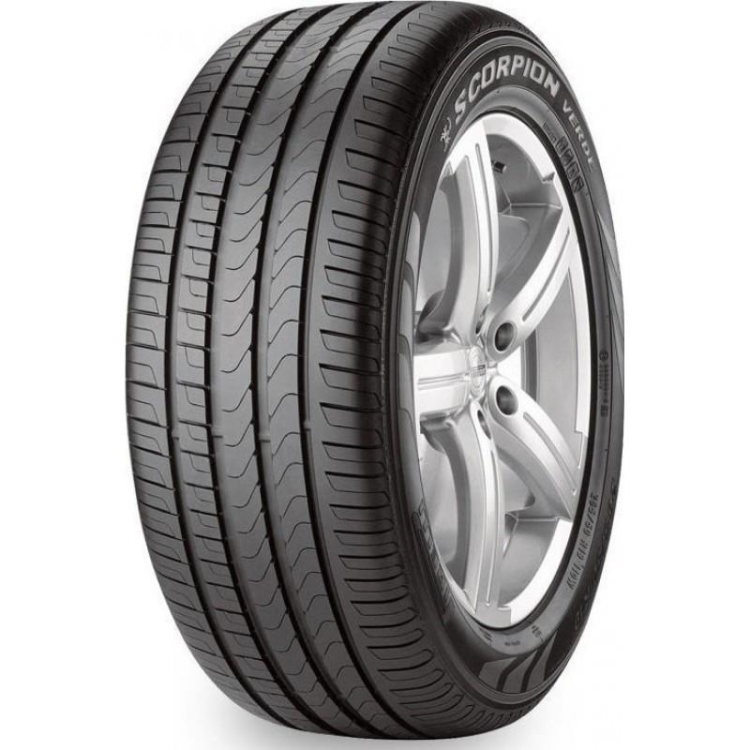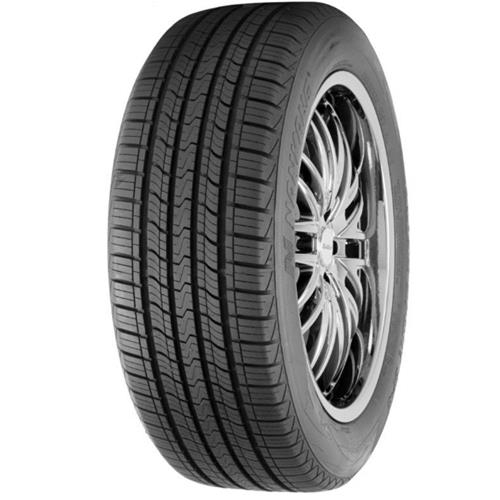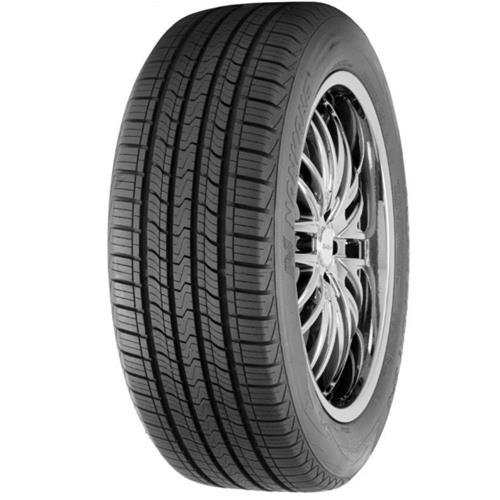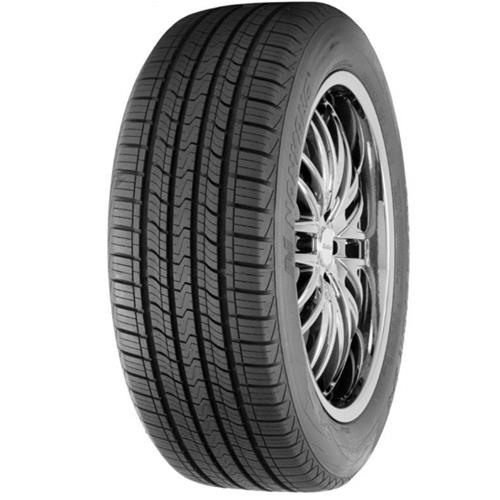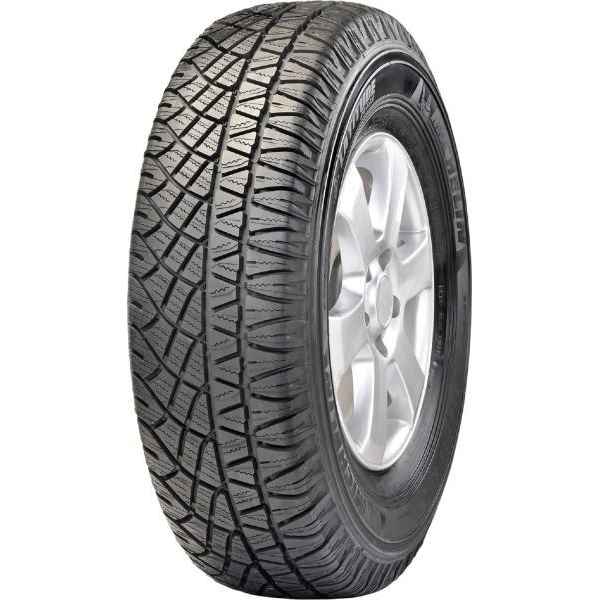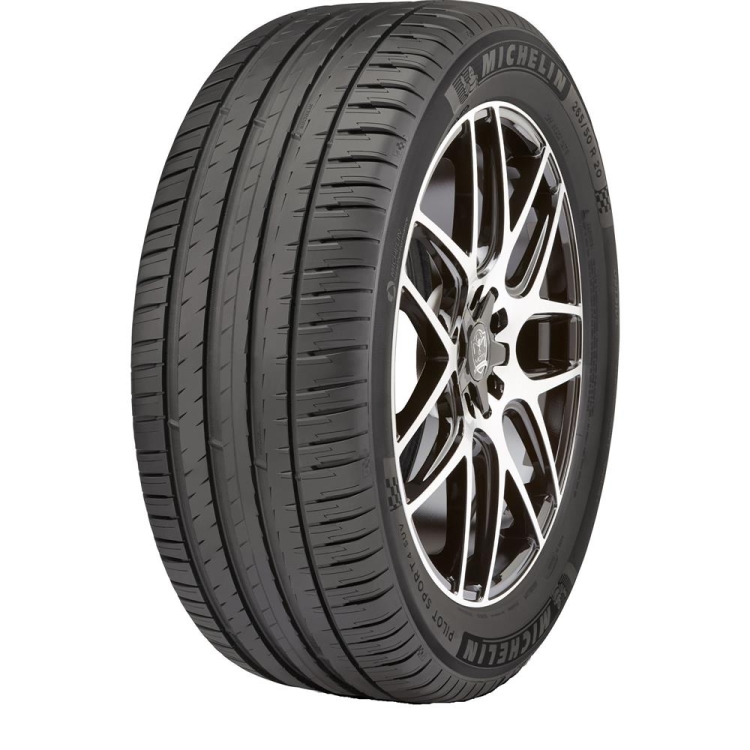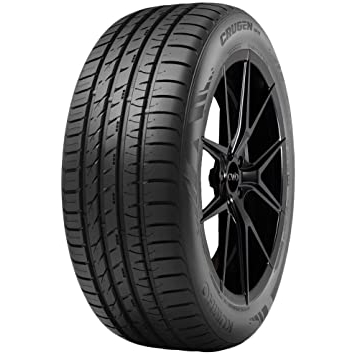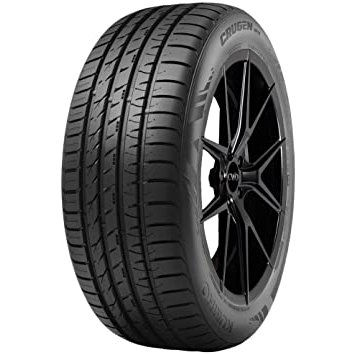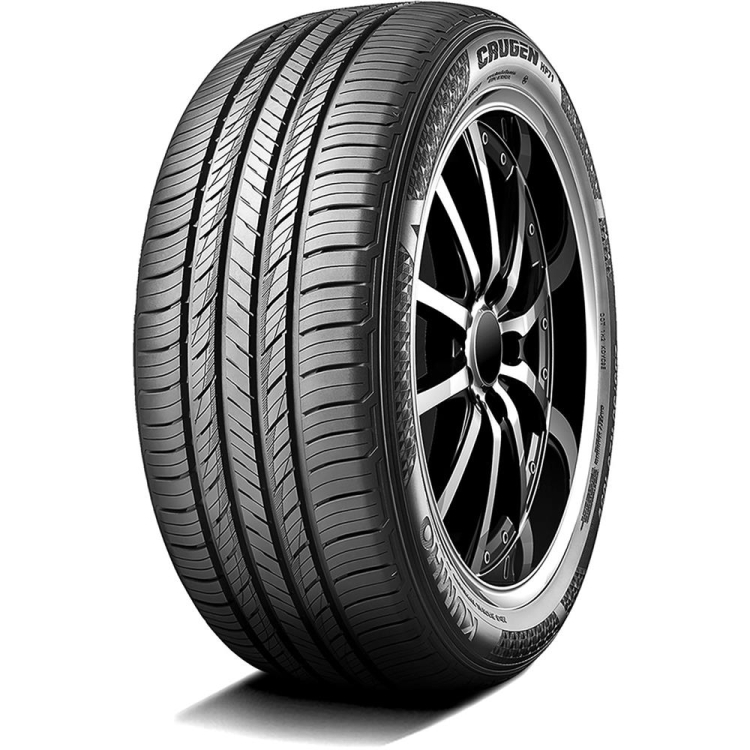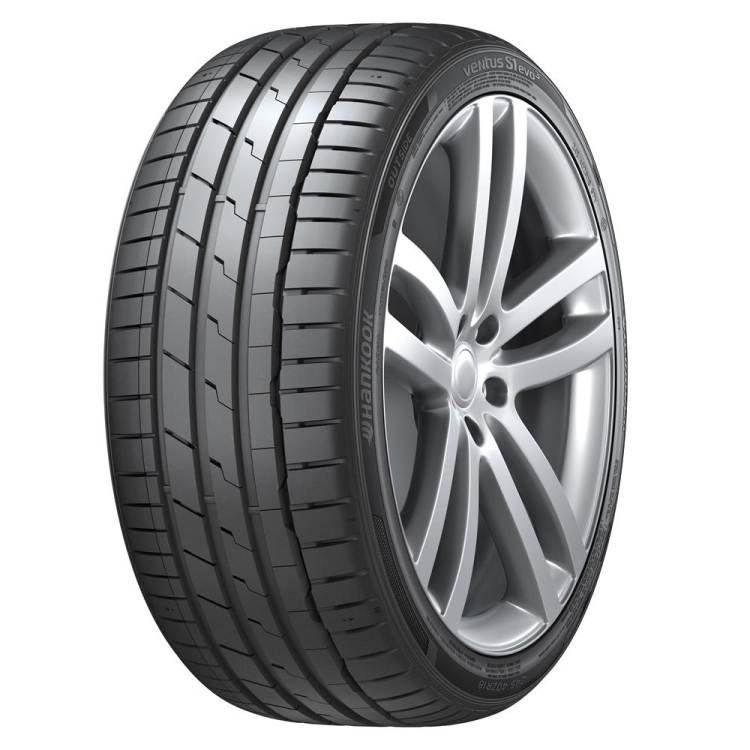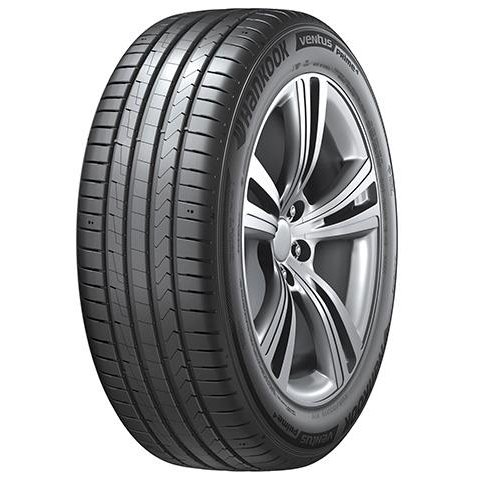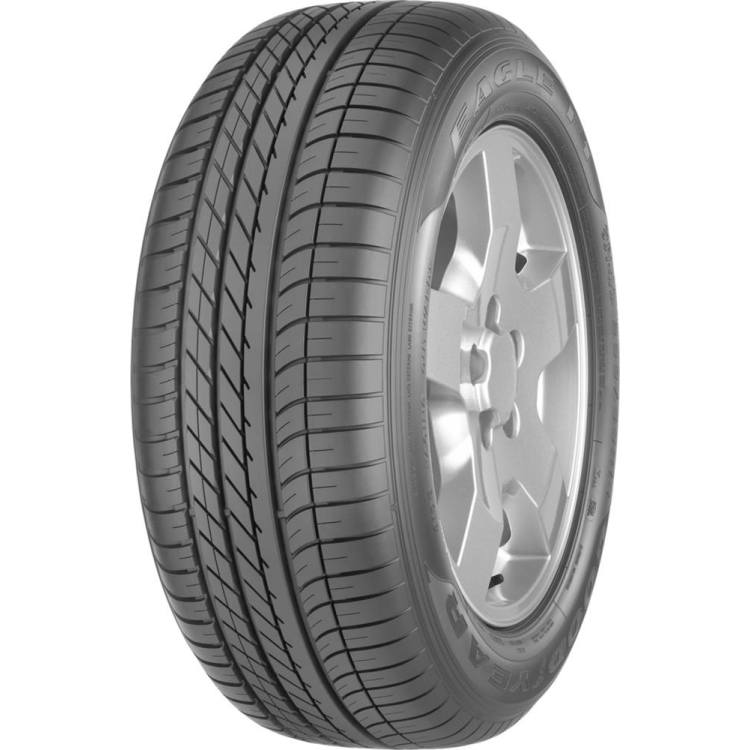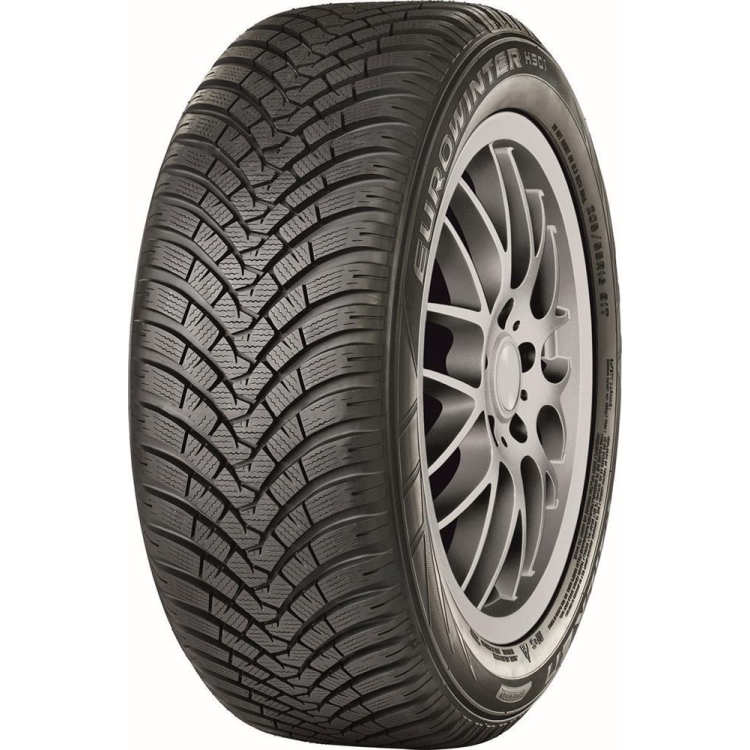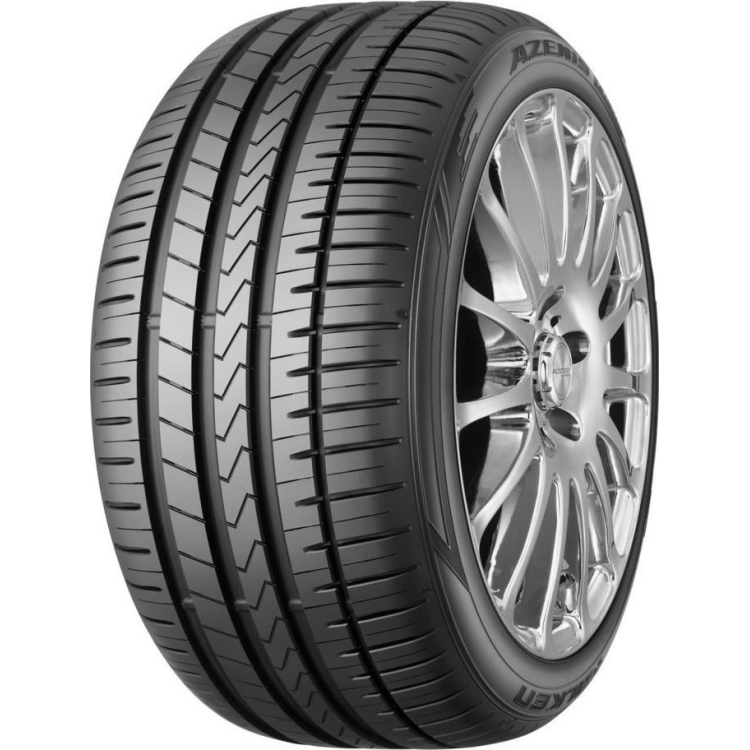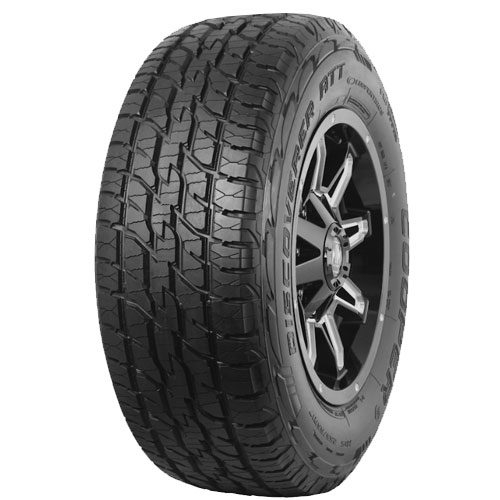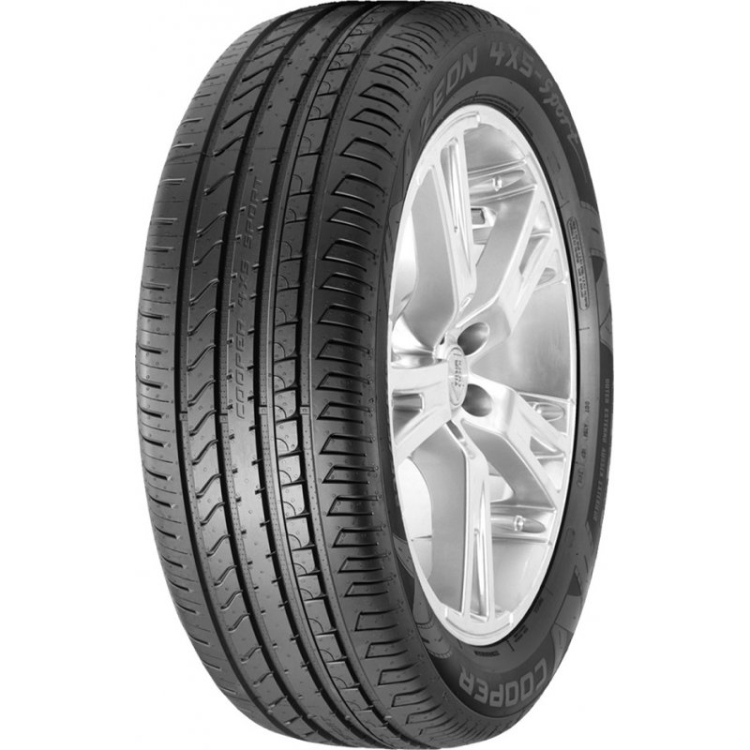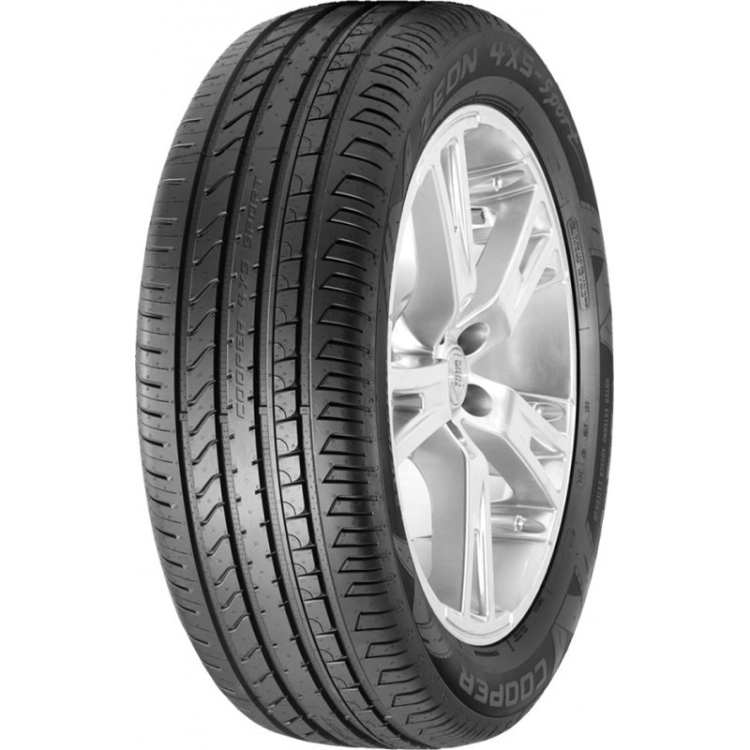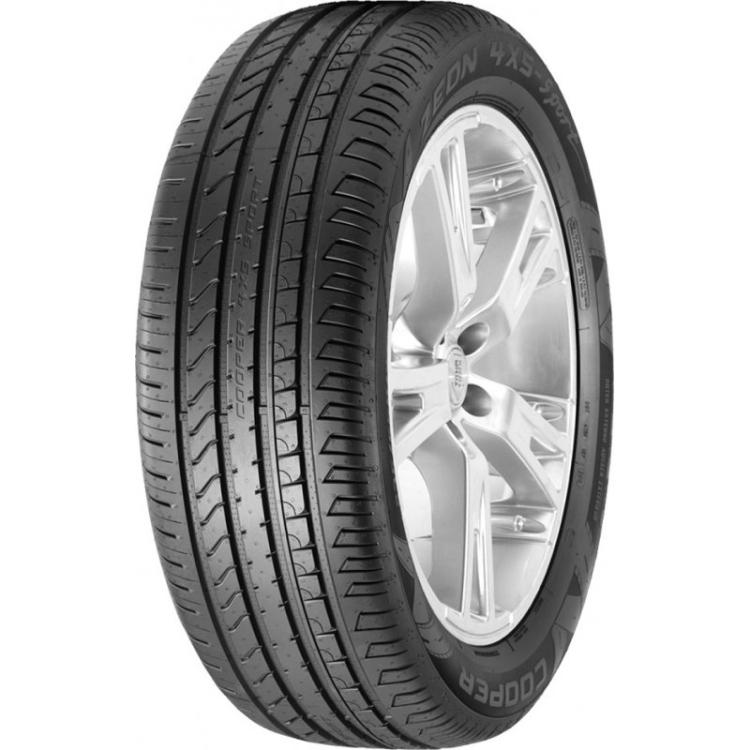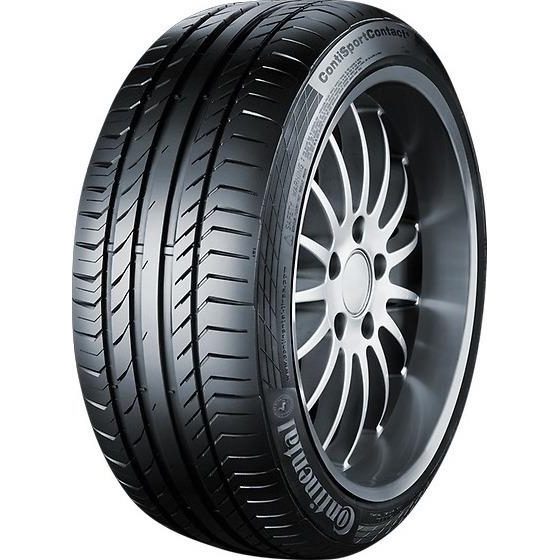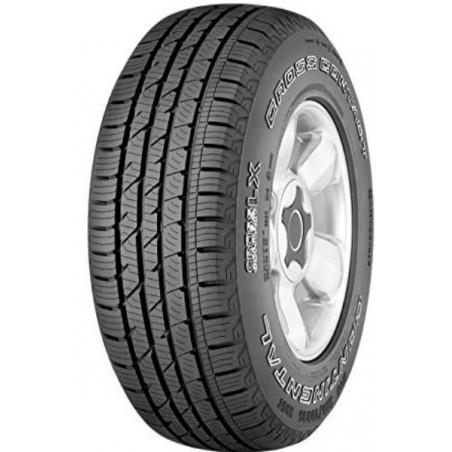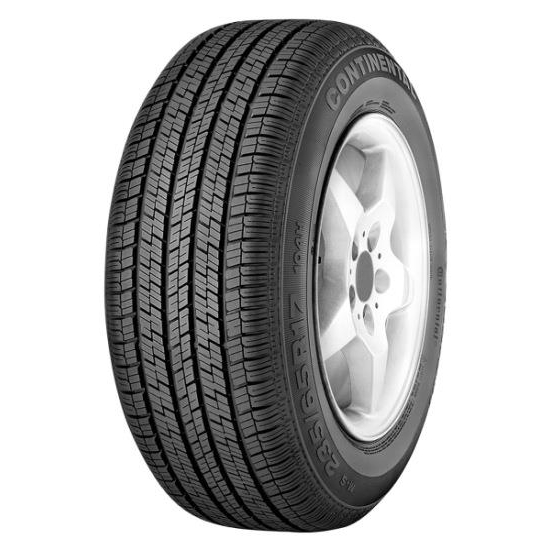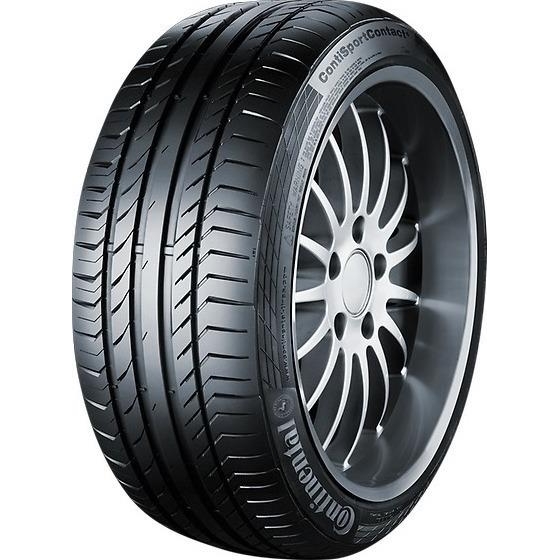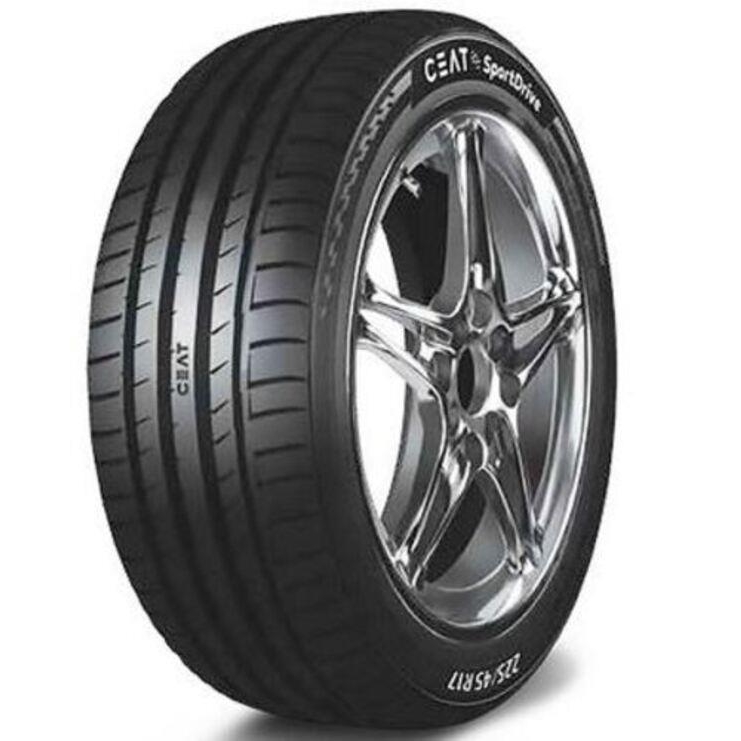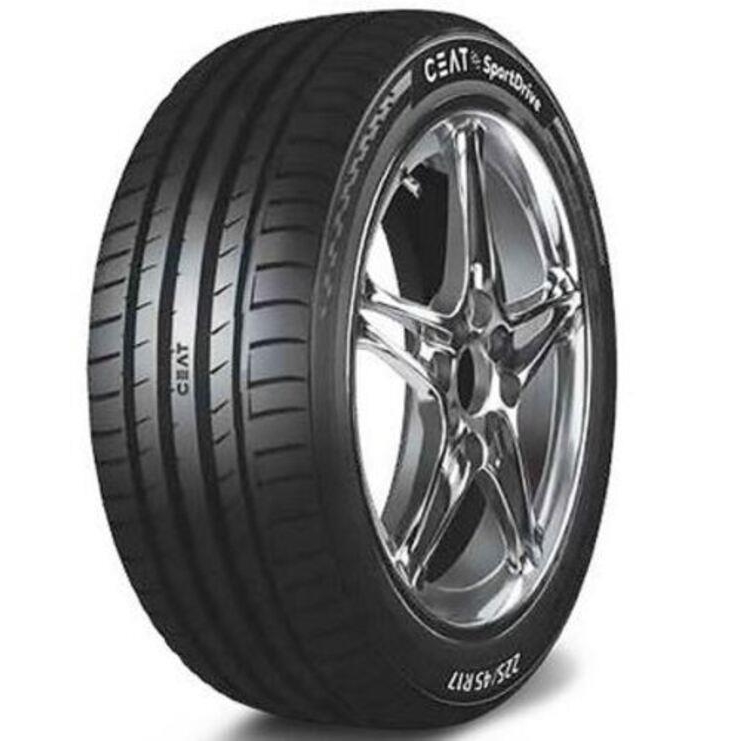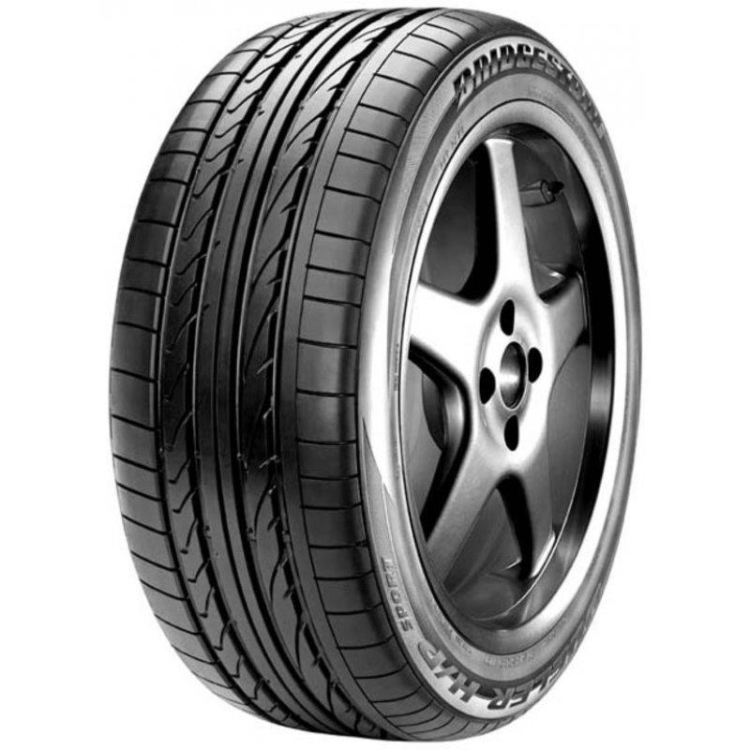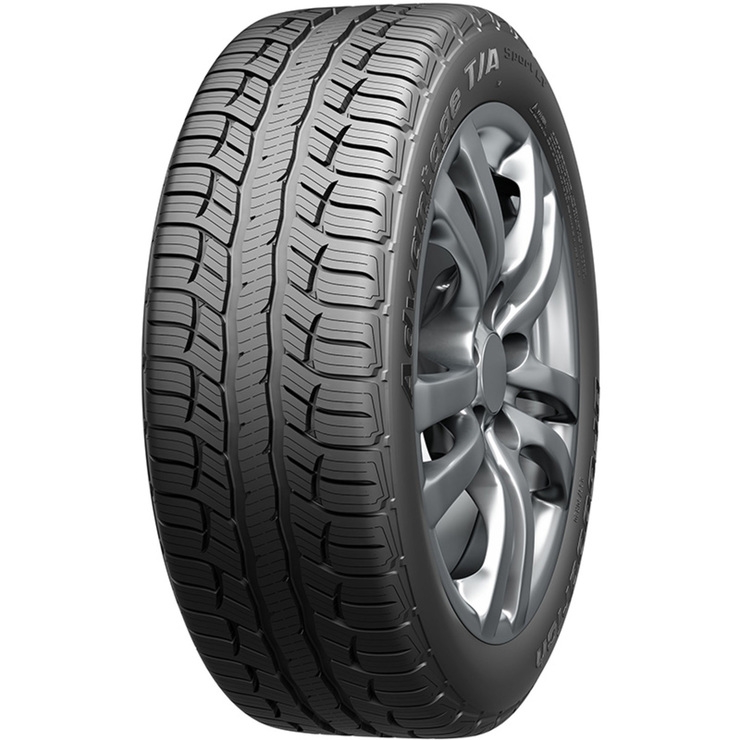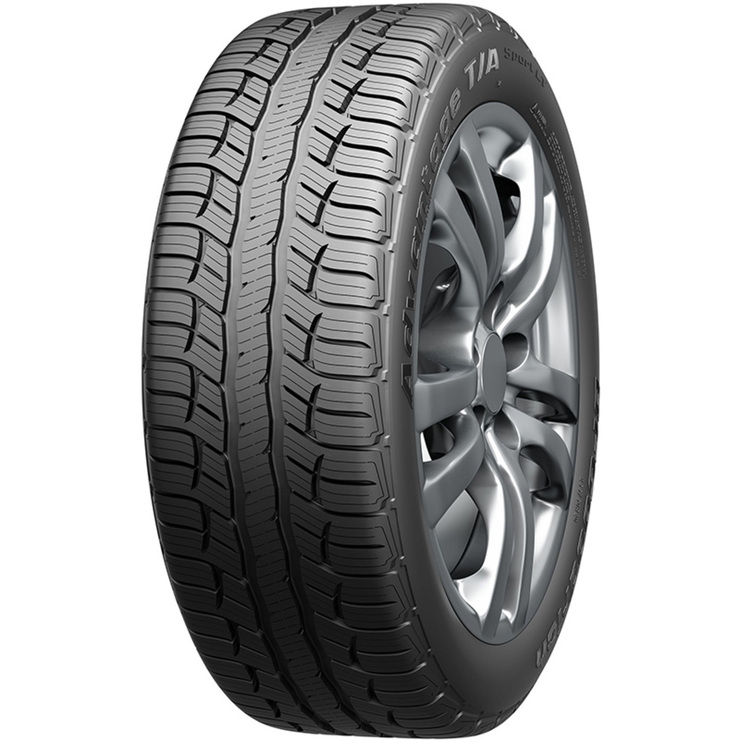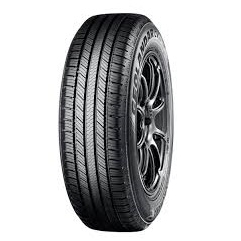New

New

Tyre Hankook 235/50/18 VENTUS PRIME 4 K135A 97V XL for Suv/4x4
CODE: han000991
WHILE STOCK LAST
- Description
- Videos
- Attributes
- Interest rates
- F.A.Q.
- Country of origin
- Payment methods
- Order
- Wheel alignment
Description
Ventus Prime 4 K135 tire is the fourth generation of Hankook's highly successful Ventus Prime tire series, which stands out for its sophisticated design and innovative technology.
The asymmetric design tire has an increased number of heels on the shoulders of the tread, as a result of which the noise produced by the contact of the tire with the road surface is minimized providing a more comfortable ride.
In addition, the increased proportion of functional polymers in the tread rubber provides additional chemical bonds between the polymers and the filler, significantly reducing rolling resistance.
The use of high-enriched synthetic silicon (HSSC) combined with low-temperature vulcanization creates strong bonds between the molecules of the rubber that ensures uniform wear, provides improved mileage and stable driving performance as well as wet grip.
Videos
Files
Interest rates
E-elastika allows you to pay in interest-free installments by credit card.
F.A.Q.
1) When should I change tires; A general rule is that the average lifespan of a tire is 40,000 km or four years. 2) Do the tires have an expiration date? How dangerous is it to put old tires in my car? The lifespan of a tire is a function of the storage conditions, stacking, shifting and service, in which the tire has suffered during its lifetime (load, speed, air pressure, damage due to driving, etc.). The exact identification of lifespan of a particular tire in real time is not possible. With the right storage conditions, a tire that is fresh, kept in abnormal conditions, it can be more dangerous than a stale one. Therefore the storage conditions and not the date of manufacture are the key to the safety of a tire. However, it is advisable all the tires that have been manufactured for more than 10 years to be replaced. 3) Where does the production date of the tire appear? In order to be able to control the date of manufacture of the tire, the largest tire companies use a common coding system. This code is on the side wall of your tire and is a four-digit number. The first two digits of the 4 digits identify the construction week, while the last two digits identify the year of manufacture. E.g. a tire with the number 45/21 was manufactured in the 45th week of 2021. 4) Do I need to put on winter tires? If so, when? On wet and slippery roads, winter tires offer much better traction than summer tires. So, in snow or frost conditions they respond much better due to the special layout they have, eliminating larger amounts of snow and water. Winter tires have the property of heating more easily at low temperatures in contrast to summer tires, which harden and don't have the same traction on the road. Experts recommend the installation of winter tires when the temperature drops below 7 degrees Celsius. When the use of winter tires is done only in the winter months their lifespan is much longer and can reach up to 5 winters! 5) How important is the tire pressure and when should it be checked? Tire pressure plays an important role in the lifespan and the safe performance of your tires. Tire pressures are defined separately for each vehicle model by tire and car manufacturers. You can advise the user manual or look at the side wall of the tire in order to find the right tire pressure for your vehicle. The tire pressure should be checked approximately every two weeks when they are cold, namely when the vehicle has not been moved for at least one hour. The change of weather conditions can affect the tire pressure. You can check the pressure of your tires at your local workshop or service station. 6) Why is it important to change the position of the tires and how often should it be done? The front tires of the vehicle usually wear out faster than the rear tires. If you change their positions frequently, this helps them to wear more evenly and reach the maximum life of the sole. The replacement of the tires position, however, can't correct wear problems due to incorrect inflation pressures. It is advisable the change of the position of the tires as soon as possible if you notice uneven wear or if they emit low noise while driving on a smooth road.
Country of origin
The country of origin of the Hankook tire is South Korea. However, tires are produced not only in South Korea but in many other countries where there are tire factories. It is difficult to say who the manufacturer of a particular product is. The quality of the tire does not depend on the place of production. The requirements for the quality of a tire remain unchanged regardless of the place of production. Tires manufactured for example in Germany, England are of the same high quality. Therefore, no one can distinguish a tire produced in Korea from a similar one produced in a German factory.
Payment methods
Our online store accepts credit, debit, and prepaid cards Visa, Mastercard, American Express of all banks. Your transactions in our online store are protected by top online security systems. All payments made by using a card are processed through the electronic payment platform Eurobank e-Commerce of Eurobank.
Order
Place your order from www.e-elastika.gr and receive your products even the same day (if they are immediately available) from our store at Lysimachou Kaftantzoglou 28 Street, Thessaloniki. Your order will be completed if the entire amount is discounted (no deposit) either in natural presence or by deposit in the basket of visa, master, e-banking.
Wheel alignment
When does my car need alignment?Many times, the alignment of your car tires is deregulated by a blow, eg. on a sidewalk or puddle or even from a collision with another vehicle. When your car is not properly aligned, its grip is immediately affected causing uneven tire wear reducing the tire life service and the vehicles overall performance. Fuel consuption also increases. So, if you hit something, if you notice that the car deviates on its one side, if the steering wheel does not come back easily after a turn or you notice uneven wear on the tires it is recommended to check the alignment of your vehicle.


 English
English  Ελληνικά
Ελληνικά 
